By Jeremy Green
Napoleon Bonaparte’s Russian campaign of 1812 ranks as one of the worst military disasters in history. Only 50,000 men returned from an orginal 600,000, or of the 100,000 who marched into Moscow, less than 10,000 were to see France again. In the midst of this unparalleled destruction and loss of life, there rose a man whose service with the rear guard of the Grande Armée was a brilliant display of courage and determination. Marshal Ney’s iron will, resourcefulness, initiative, and leadership helped his remnant of the army reach the banks of the Nieman River in Russia and relative safety. The Emperor Napoleon recognized these achievements and as the terrible days of 1813 and 1814 approached, he came to rely more and more upon the services of “the Bravest of the Brave.”
Marshal Ney’s relationship with Napoleon did not go back as far as Murat’s, Lannes’, Bessières’, or any of the other French generals who had served with Napoleon in Italy or Egypt. Thus it was with some surprise that the name of this barrel-cooper’s son from Saarlouis was engraved on the list of Marshals of the Empire on May 19, 1804. If anything, Ney’s closeness to General Moreau, Napoleon’s political adversary and a general of great military prestige, made Ney somewhat suspect even though he was the hero of the battle of Hohenlinden. But Napoleon’s wife Josephine intervened in 1802; while introducing Ney to Aglae Louise Auguie, who was to become Ney’s wife, the Empress urged Napoleon to take an interest in Ney’s military career. Subsequently it was Ney’s peaceful diplomatic success in Switzerland in 1802, as well as his military achievements on the Rhine, that prompted Napoleon to promote Ney to Marshal of the Empire.
“That Man is a Lion”
By the summer of 1812, Marshal Michel Ney had already achieved much of the glory he sought. As commander of the Sixth Corps, his overwhelming victory at Elchingen sealed the outcome of Austrian General Mack’s surrender at Ulm. Next came his impetuous fighting at Jena and his timely arrival at Eylau, which saved the day for Napoleon and the army. But it was at the Battle of Friedland, on June 14, 1807 that “Le Rougeaud,” as the soldiers fondly named their leader, achieved his greatest victory in the field. “That man is a lion,” exclaimed Napoleon when he heard the news of Ney’s exploit. The Emperor’s chief of staff, Alexandre Berthier, wrote to Arch-Chancellor Jean Régis Cambacérès, “You can form no idea of the brilliant courage of Marshal Ney; it appears fabulous in relation, and resembles only the time of chivalry. It is to him chiefly that we owe the success of this memorable day.”
The years 1810 and 1811 found the Duke of Elchingen, the title Ney had won in battle, embroiled in the growing Peninsular War. It was here that Ney’s ideas of honor and duty and concern for the supply and transport of his soldiers came into conflict with those of his superior, the Prince of Essling, Duke of Rivoli, Marshal André Masséna. As a result, Ney was formally relieved of command of the Sixth Corps, which he had led victoriously for seven years. The general feeling of the army was expressed by Captain Denis-Charles Parquin: “Unfortunately for the army, Marshal Ney was no longer there … the Prince of Essling had deprived us of his talents and of his sword.” But this disgrace did not last long and in January 1812, Napoleon, in need of his best fighting general, summoned Ney to galvanize the Third Corps for the impending campaign against Russia.
As the Russian frontier stretched before them, Napoleon and the Grande Armée marched once again, this time to meet Czar Alexander’s warriors of Holy Russia. The retreating Russians, encouraged by the success of the Portuguese in the peninsula, burned everything of value after them. This presented immediate problems to the army, which was accustomed to living off the land, but the Emperor refused to comprehend their gravity.
On September 7, 1812, after avoiding battle at Vilna, Vitebsk, and Smolensk, the Russians under Kutuzov, Barclay de Tolly, and Bagration finally turned to fight the French at Borodino. Napoleon’s aide-de-camp, General Count Philippe-Paul de Ségur, an eyewitness to the battle later wrote: “Ney with his three divisions, now reduced to six thousand men, galloped out on the plain to support Davout. The Russians turned half their fire on him, without slowing him up. Compans’ 57th Regiment, finding themselves reinforced, rallied to make a final dash against the enemy’s entrenchments, scaled them, swarmed over the Russians, and routed them with their bayonets. Those who were not killed or wounded fled, leaving the 57th in full command. At the same time Ney was charging the other two redoubts, and with such violence that he snatched them from the enemy.”
Redoubt Became ‘Prince of the Moscow’
For his tremendous efforts against the Great Raevsky Redoubt, the Duke of Elchingen was given a new and more illustrious title: “Prince of the Moscow.” After spending 35 days in Moscow, Napoleon at last realized that despite his occupation of the Czar’s capital, Alexander would not come to terms. In his memoirs, Napoleon’s minister to Russia, the Duke of Vicenza, General Armand Caulaincourt, recalled a conversation of Czar Alexander’s. “If the Emperor Napoleon is determined on war,” the Czar had said, “and if Fortune does not smile on our just cause, he will have to go to the ends of the earth to find peace.” This proved to be an illuminating prophecy. For the first time in 12 years, Napoleon’s Grande Armée was leaving a conquered territory without having achieved the victorious peace for which it had set out.
On October 19 the retreat from Moscow began. Marshal Ney’s Third Corps was to advance to the River Motsha to serve as a screen and to thereafter join the main army. When the army arrived at Viazma on November 3, the Emperor gave command of the rear guard to Ney, whose energy and courage, according to those who knew him, seemed to increase with his dangers and difficulties.
Although Ney himself seemed invulnerable, the rear guard proved fatal for many. The effects of the snowstorm on November 6 are vividly described by Ségur: “Russian winter in this new guise attacked them on all sides; it cut through their thin uniforms and worn shoes, their wet clothing froze on them, and this icy shroud molded their bodies and stiffened their limbs. The sharp wind made them gasp for breath, and froze the moisture from their mouths and nostrils into icicles on their beards. [As the men fell down] their moans for help went unheeded. The snow soon covered them up and only low white mounds showed where they lay. Our road was strewn with these hummocks, like a cemetery.”
As if the cold and snow were not enough, the Russians, in relentless pursuit, opened fire on Ney’s retreating soldiers, half of whom, their hands numb from icy muskets, lost heart completely. Ségur recalled that “Ney rushed into their midst, snatched a musket from one of them, and led them back into action by firing the first shot, exposing his life like a soldier, as he had done before he became rich, powerful, and esteemed. He fought as if he still had everything to gain, whereas he had everything to lose. While he became a soldier again, he remained the general—availing himself of the terrain, backing up against a hill and concealing himself behind a stockaded house.” From Viazma to Smolensk, Ney fought for 10 days during which, according to Caulaincourt, he “conducted the rear guard with a vigor worthy of his courage, and infused his own energy into all around him.”
The main portion of the French army arrived in Smolensk on November 9, when Napoleon learned that the rear guard under Ney had been hotly engaged by the Cossacks before Dorogobouje. The Emperor departed Smolensk on November 14, after ensuring a sufficient supply of flour for Ney, who was to arrive that night. However, the quartermasters’ hasty withdrawal meant that nothing was left to sustain Ney and the Third Corps, which had been fighting continuously since the retreat began. Ney found that Smolensk had been looted and his soldiers who counted on finding bread found only disorder—shops empty, provisions scattered about the streets, the town full of stragglers who had just finished ransacking it, no one in authority, and no preparations made for feeding the rear- guard troops. The commissariat authorities, having fled with staff headquarters, had even abandoned five or six thousand wounded.
“The Impossible Itself is Subservient to Courage Like His”
The marshal, who had been instructed to destroy the artillery abandoned at Smolensk and to blow up the ramparts, now also had to find means of ensuring the subsistence of his troops as far as Orsha. This became Ney’s first priority. Threatened on the one hand by the very real danger of his troops being demoralized due to lack of food, and on the other by being attacked by superior forces, Ney decided on the course of action most in keeping with his own daring and the proved courage of his men. “All the Cossacks and Russians in the world,” he exclaimed when he received Marshal Davout’s last message, “shall not prevent me from rejoining the army.”
“He was as good as his word,” Caulaincourt later wrote, “and proved that the impossible itself is subservient to courage like his.”
Napoleon’s strategy of leaving a one-day interval between the departure of himself, the Viceroy (Eugène de Beauharnais), Marshal Davout, and Marshal Ney had isolated the rear guard, especially when Napoleon confronted Miloradovitch’s Russian army at Krasnoe, and orders were issued to hasten the march. “Ney realized that a victim was required, and that he had been chosen. He made the sacrifice, unreservedly accepting a danger to which his courage was equal,’’ wrote Ségur.
When Davout and Eugène joined him, Napoleon hoped that Ney had found out that the retreat had been accelerated, even though orders to this effect probably had not reached him. The Emperor fixed all his hopes on Ney’s rare courage and presence of mind. Despite this legitimate confidence in his hero, the Emperor never ceased to lament his loss, which he regarded as virtually inevitable. The Russian army now stood between Napoleon’s main army and the rear guard commanded by Ney. “He will attempt the impossible,” lamented the Emperor, “and lose his life in some desperate attack. I’d give the three hundred millions in gold I’ve got in the Tuileries vaults to save him. If he is not killed, he’ll escape with a few brave men. But the odds are heavily against him!”
Ney Rose Above the Chaos and Grew in Strength and Resolve
After defeating Miloradovitch, on November 19 Napoleon entered Orsha with 6,000 men, all who were left of this section’s original 35,000. By now Eugène’s 42,000 had been reduced to 1,800; Davout’s 70,000 to 4,000. Davout himself had lost everything. He did not even have a shirt, and was in a state of extreme exhaustion from hunger when he seized the loaf of bread held out to him by one of his companions and devoured it. “Only men of iron could bear such hardships!” he groaned. “It is physically impossible to hold out any longer! Human strength has its limits, and we have gone beyond them.”
Thus while Davout seemed each day to succumb to the disaster around him, Ney rose to meet the challenge, growing more in strength and resolve. As the main French army assembled at Orsha, Davout was blamed for not marching in support of Ney. But according to Caulaincourt, who was constantly at Napoleon’s side, the responsibility for Ney’s problem rested squarely with the Emperor “who could not make up his mind when it was a question of ordering a retreat.” That is why Ney, who should have received orders to leave Smolensk on November 16, did not leave until the following day. He had not been notified of the accelerated pace of the retreat and had to provide for his soldiers by himself.
On November 17, Ney left Smolensk with 6,000 armed men, 12 cannon, 300 horses, and some 7,000 unarmed stragglers. “As they proceeded from the city, the Marshal time and again demonstrated great care for the wounded and the women and children, showing how the bravest was also the most humane,” recounted Ségur. One occasion in particular is illustrative. A mother abandoned her five-year-old son twice in the snow. Both times Ney discovered the child and heaved him from the frozen ground. Failing to persuade the mother to take her child, he found another woman to care for him.
On the afternoon of November 18, a thick mist prevented Ney’s troops from seeing anything in front of them. Consequently the advance guard of the small band ran headlong into Russian batteries. There were three enemy corps with formidable artillery on both sides of the Krasnoe road. When Ney heard the cannon firing, he hurried to link up with his advance guard, which he managed to overtake by 5 o’clock. By personal example of courage and resolution, Ney inspired his troops. Several times he renewed the attack and charged in hopes of breaking through the enemy. Despite murderous fire from all sides, Ney’s little army fought with remarkable bravery.
Eventually, General Miloradovitch sent a messenger under a flag of truce. Either in affected politeness, or out of respect for the French leader, the messenger couched his surrender summons in flattering terms: “I have come from Kutuzov,” he said. “Our Field Marshal would not have had the presumption to make such a cruel proposal to so great a general, so famous a warrior, if there had been the slightest chance of your saving yourself. But eighty thousand Russians are in front of you and around you. If you doubt it, Kutuzov will allow you to send someone to inspect his ranks and count his forces.”
The Russian had not ceased speaking when 40 volleys of grapeshot were suddenly fired from the right of his army, cutting the French ranks to pieces and putting an end to his speech. A French officer sprang forward to kill the man, whom he considered murderously dishonorable. Ney, checking this impulse but yielding to his own, shouted to the Russian, “A Marshal never surrenders. And we do not parley under fire. You are my prisoner.” The unfortunate officer, disarmed, was left exposed to the fire of his own men. He was not set free until the French army reached Kovno, 26 days later, during which time he shared all the miseries of the retreat, at liberty to escape but restrained by his word of honor.
At this point, the enemy opened fire from all sides and the hills that had been cold and still now became volcanoes in full eruption. But this only inflamed Ney. He stood his ground.
Turning Their Backs on Napolean, Ney’s Men Marched Deeper into Russia
All day his wretched forces withstood the persistent onslaught and repeated charges of the enemy. Ney anxiously awaited the wintry night. When it arrived, he took advantage of the darkness and ordered his men to build campfires and to begin marching back toward Smolensk. Although astonished at first, the troops soon realized that the marshal’s order was a well-conceived resolution. His self-confidence inspired them to prevail in even this most critical and desperate situation. They obeyed immediately, and, turning their backs on Napoleon and France, they marched deeper into deadly Russia. After an hour of marching through the darkness, Ney, with a warrior’s instinct, stopped on the edge of a stream flowing at the bottom of a narrow ravine. After observing the direction of the current, he realized that the stream was a tributary of the Dnieper River, which if crossed would bring relative safety on the other side.
At around eight o’clock that evening, Ney and his escort discovered the bank of the Dnieper. The river was sufficiently frozen to support a man’s weight. The blocks of ice carried along by the current had jammed in a sharp bend of the river. The cold had frozen them together, but only at one point, for above and below it the surface of the water was in motion. Ney saw that he would have to work quickly, because the ice was beginning to give way. The marshal’s escort suggested that he ensure his own safety by crossing immediately and waiting on the other side for the stragglers to arrive. But to Ney this was unthinkable. Unfortunately, in this silent, nocturnal flight across the fields, his column of greatly weakened men, wounded masses, women, and children had not been able to keep together; they were terribly strung out. So he allowed three hours for rallying as many as he could. Indifferent to the dangers of waiting, Ney wrapped his coat around him, lay down on the riverbank, and slept those three perilous hours in unbroken sleep. “His was the temperament of great men—a strong mind in a strong body, and that vigorous health without which there would be few heroes,” Ségur wrote.
7,000 Men Killed or Deserted in 24 Hours
At midnight, the crossing began. Although most of the stragglers managed to cross the river, the carts with the wounded were not as fortunate. The marshal tried to get several of the carriages loaded with these poor creatures across, but in the middle of the river the ice gave way and split open. “The men on the opposite bank listened to the long drawn-out agonized shrieks that dwindled to intermittent moans, then fell into silence. All had disappeared!” Ségur recalled in his memoir. Then he continued: “Ney, staring down into this gulf, thought he saw something still moving among the shadows. It was one of the victims of the catastrophe, an officer named Briqueville, who was prevented from rising to his feet by a deep wound in his groin. A sheet of ice had lifted him to the surface. Soon he could be clearly seen crawling on his hands and knees from one floating ice cake to another, slowly approaching. Ney himself drew him to safety.”
At dawn the Russians found only spiked guns. Still, the day was a terrible one for the rear guard. In the previous 24 hours, 3,000 armed men and 4,000 stragglers had either died or strayed from its ranks. Having escaped Miloradovitch and Kutuzov on the 18th, Ney’s diminished band now faced Platov’s Cossacks. For two days, during which the rear guard covered 50 miles, Platov’s Cossacks surrounded the French force, continually harassing it on the march. They forced it to form squares at any moment to resist attacks. But according to Caulaincourt, “Platov’s efforts were in vain, for Marshal Ney’s brave men kept their formation, nor were they stopped even for a moment.”
At last, on November 21, Ney and his small band of 900 armed men arrived at Orsha, escorted by the Viceroy, Eugène de Beauharnais. When Napoleon heard the good news of Ney’s reappearance he leaped for joy and cried, “So I have saved my Eagles!” After the Emperor heard all the details of the heroic Marshal’s exploits, he proclaimed him “the Bravest of the Brave.”
Ney’s arrival at Orsha had an even more dramatic effect on the entire army. According to Caulaincourt: “Never has a victory in the field caused such a sensation. The joy was general; everyone was drunk with delight, and went running to and fro to spread the news; it was impossible to resist telling everyone you met. It was a national triumph, and you shared it even with your grooms. Officers, soldiers, everyone was convinced that we could snap our fingers at Fortune and the elements alike—that Frenchmen were invincible!”
But still the ordeal was not over. In the days that followed, Ney took on more troops. He fought and beat Admiral Tchitchakov’s 27,000 Russians with only 8,000 men at the Berezina River. He continued to command the rear guard and to protect the retreat of the army despite a temperature of 10 degrees below zero and constant harassment by the advancing Russian armies.
On December 8, Ney held the suburbs of Vilna. To the last, he managed to keep some remnant of the rear guard together, and with this ever-dwindling handful of men, he stood between his comrades and destruction. Ségur recorded the method of retreat employed by Ney since leaving Viazma on November 3. It was with this technique that Ney and his command passed 37 days and nights.
Ney Found Himself Alone at the Head of 700 Foreign Recruits
“Every day,” Ségur wrote, “at five o’clock in the afternoon he halted and held the Russians at bay while his soldiers ate and rested; then set off again ‘till ten. All night long he urged on the horde of laggards by dint of threats, supplications, or blows. At daybreak, about seven o’clock, he halted again, took up a position, and rested under arms and on guard ’till ten. Then generally the Russians would come in sight again, and we had to keep up a constant flight until nightfall, gaining as much ground as possible. At first this was in pursuance of definite marching orders, but later according to circumstances. The rear guard had been progressively reduced from two thousand men to one thousand, then to five hundred, and finally to sixty! Yet Berthier, either through design or habit, had not altered his procedure. It was still to a corps of 35,000 soldiers that he addressed himself, imperturbably giving detailed instructions concerning all the different positions which nonexistent regiments or divisions were to take or hold ’till the next day.”
In this manner, Ney directed the retreat from Viazma to a spot several miles beyond Evé. Then, as was his habit, Ney had stopped the Russians and was giving his men their evening rest, when at about 10 o’clock he and Bavarian General Prince Karl De Wrede suddenly realized they were absolutely alone. Their soldiers had abandoned them, leaving their weapons in stacks around forsaken fires. Ney collected whatever weapons he could, and with considerable difficulty overtook his column of now-disorganized fugitives.
On December 13, the army reached Kovno, the frontier city of the Russian Empire. Yet still the agony continued. Ney found himself alone at the head of 700 foreign recruits. At Kovno, as at Vilna, the honor of the French army and the dangers of this last phase of the retreat were committed to his care, and with calm and courage, he accepted them.
At dawn on December 14, the Russians attacked. Ney called upon his infantry, but only one of its weak battalions, the garrison of 300 Germans, was armed. When a Russian cannonball came crashing over the stockade, killing their commanding officer, the soldiers threw down their arms and fled in terror. Still, Ney, deserted by the last of the organized armed units, refused to surrender his position. After a vain attempt to check the flight of the Germans, he gathered up their loaded muskets and faced the horde of Russians alone. Sergeant Bourgogne wrote: “I shall never forget the Marshal’s commanding air at this moment, his splendid attitude towards the enemy, and the confidence with which he inspired the unhappy, sick and wounded around him. In this moment he was like one of the heroes of old time. In these last days of this disastrous retreat he was the savior of the remnant of the Army.”
“He Was the Last of the Grande Armée to Leave That Deadly Land”
Ney’s boldness halted the Russians. His actions also shamed some of his men who then followed their marshal’s example and took up arms. With a group of 30 men Ney held the gate open on the Vilna road until nightfall. Then, still fighting, withdrawing but not fleeing, marching with his men, he crossed Kovno and the Nieman River into Polish territory.
The next day in Gumbinnen, General Mathieu Dumas of the Commissary was sitting down to breakfast when, in his own words, “a man in a brown great-coat entered. He had a long beard; his face was blackened, and looked as if it were burnt; his eyes were red and brilliant. ‘At length I am here,’ said he. ‘Why! General Dumas, don’t you know me?’ ‘No,’ said Dumas, ‘who are you then?’ ‘I am the rear guard of the Grande Armée; I have fired the last musket-shot on the bridge of Kovno. I have thrown into the Nieman the last of our arms, and have come hither through the woods. I am Marshal Ney.’”
Thus, alone and undaunted, Marshal Michel Ney was the last Frenchman to leave Russian soil. He left behind a legacy of individual heroism, courage, and honor worthy of Napoleon’s sobriquet, “the Bravest of the Brave.”
Ney exhibited the distinguished qualities of valor in a fearless fighting general, enormous physical strength, a trained eye for terrain and direction, and a staunch resolve. He also displayed great character as a humane leader whose devotion to the protection of his men was like that of a shepherd. He guided his flock of abandoned soldiers and wounded stragglers past a relentless enemy army and a pitiless land that offered no provisions, only bitterly freezing temperatures.
Again Ségur: “He was the last of the Grande Armée to leave that deadly land, demonstrating to the world the powerlessness of fate against great hearts, and showing how everything, even the most dreadful disaster, turns to glory for the hero.”
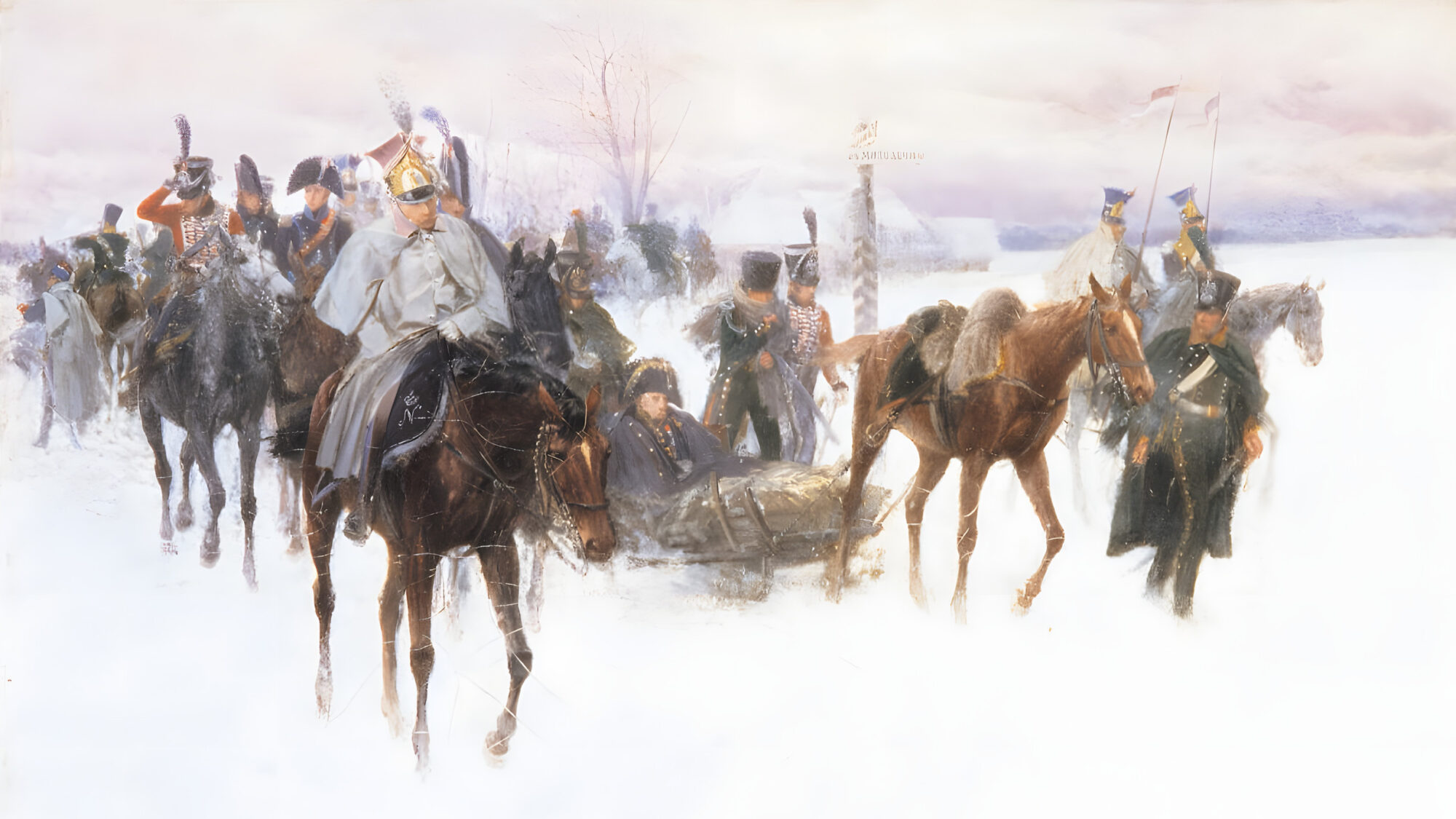
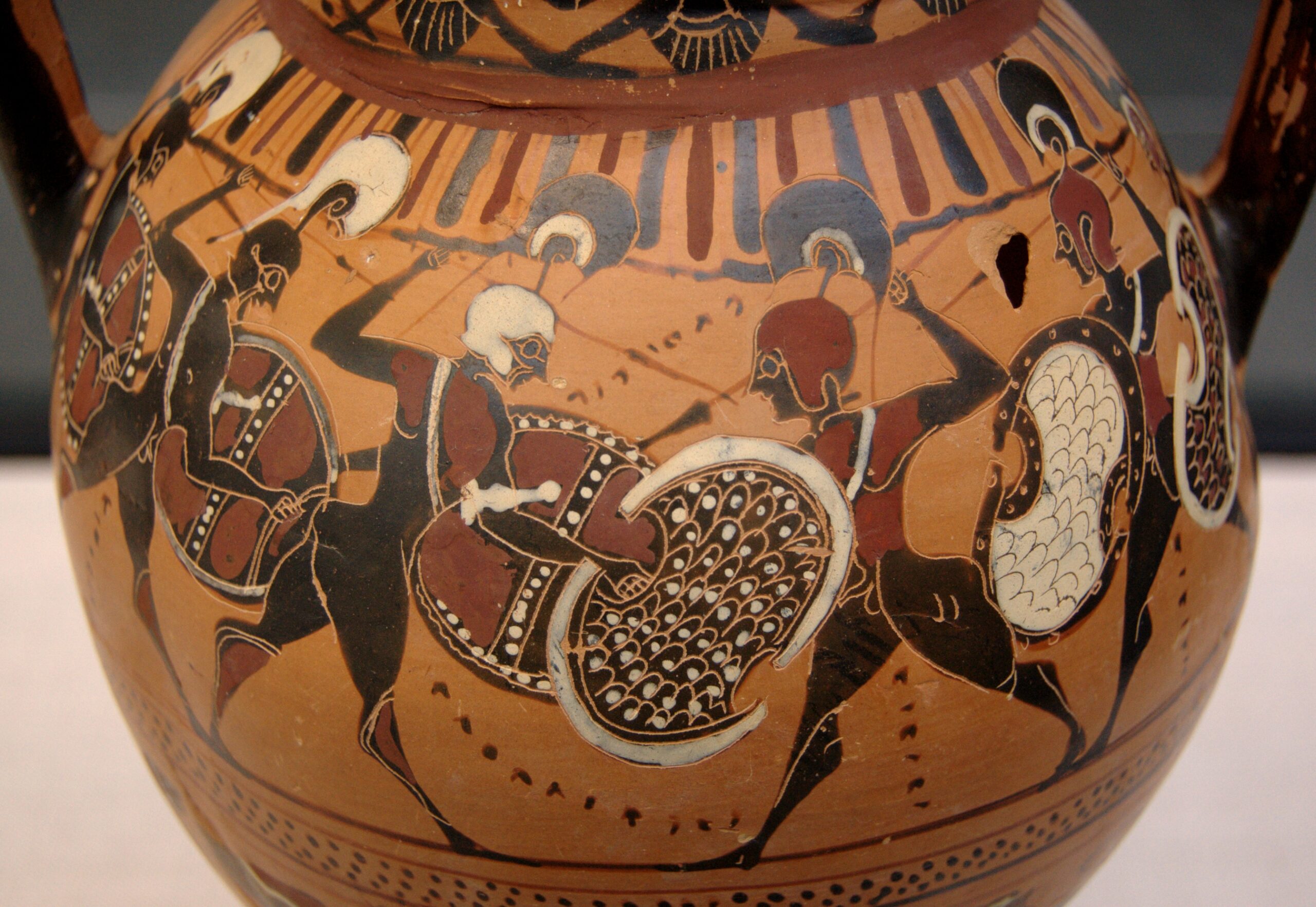
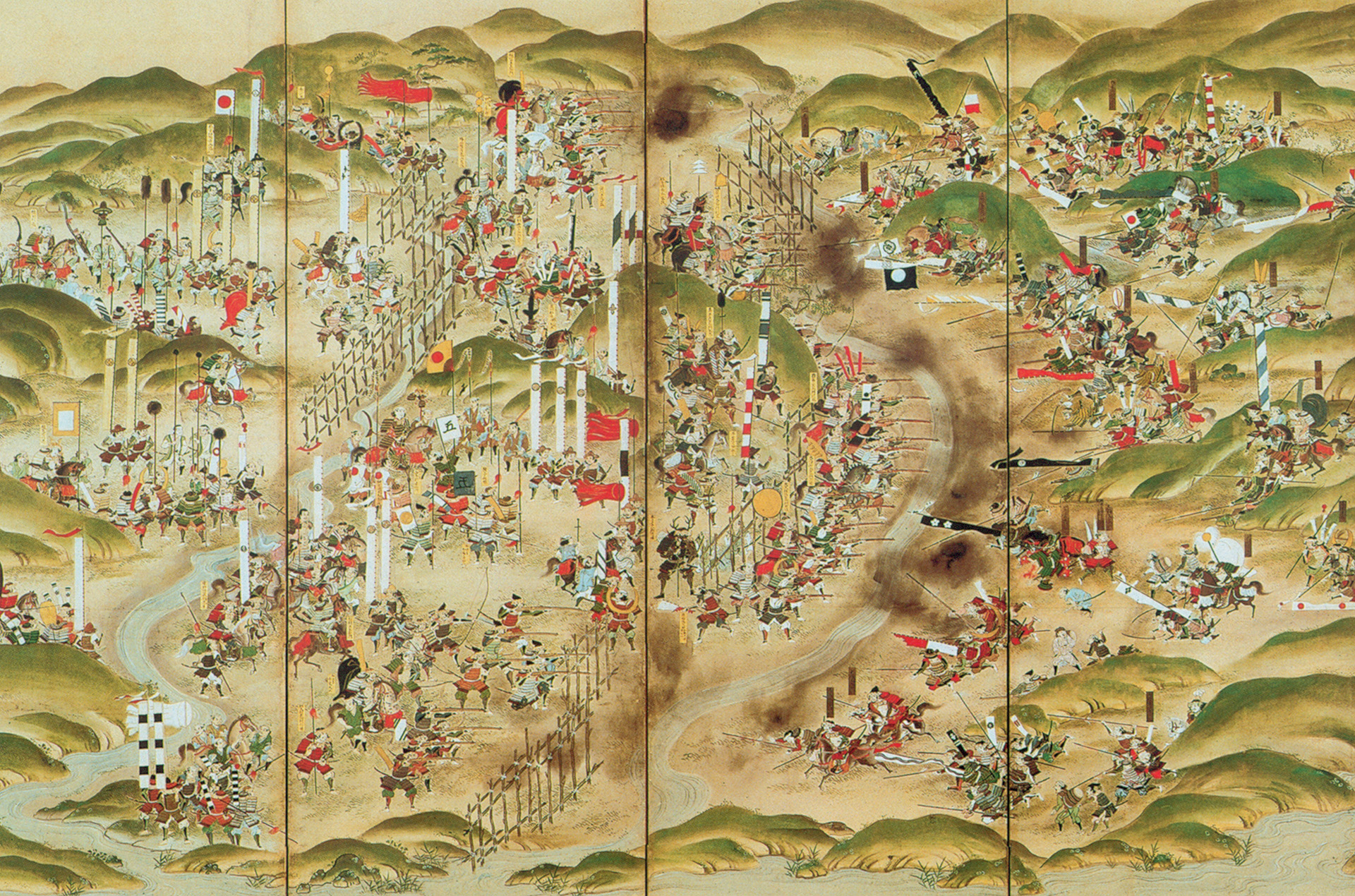
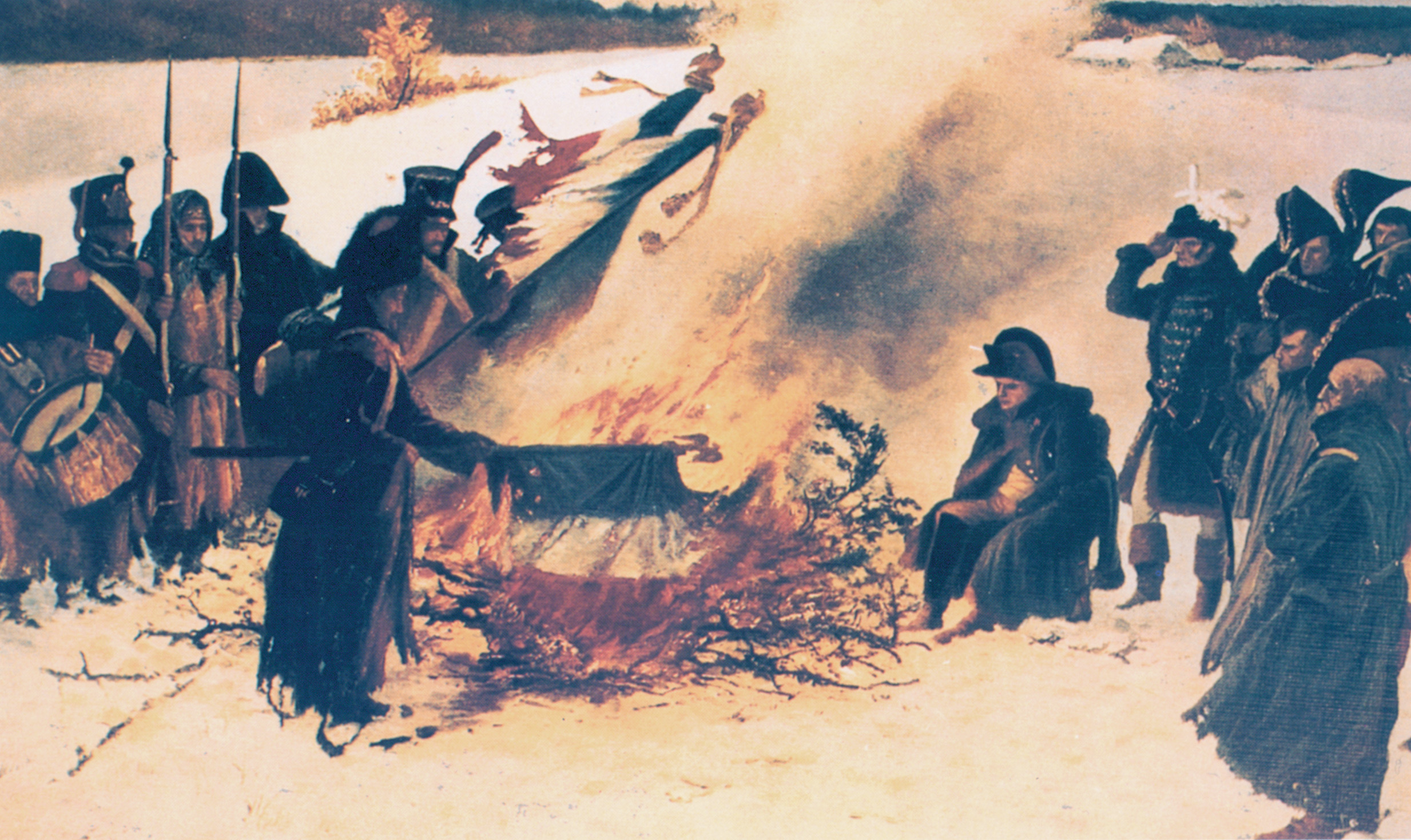
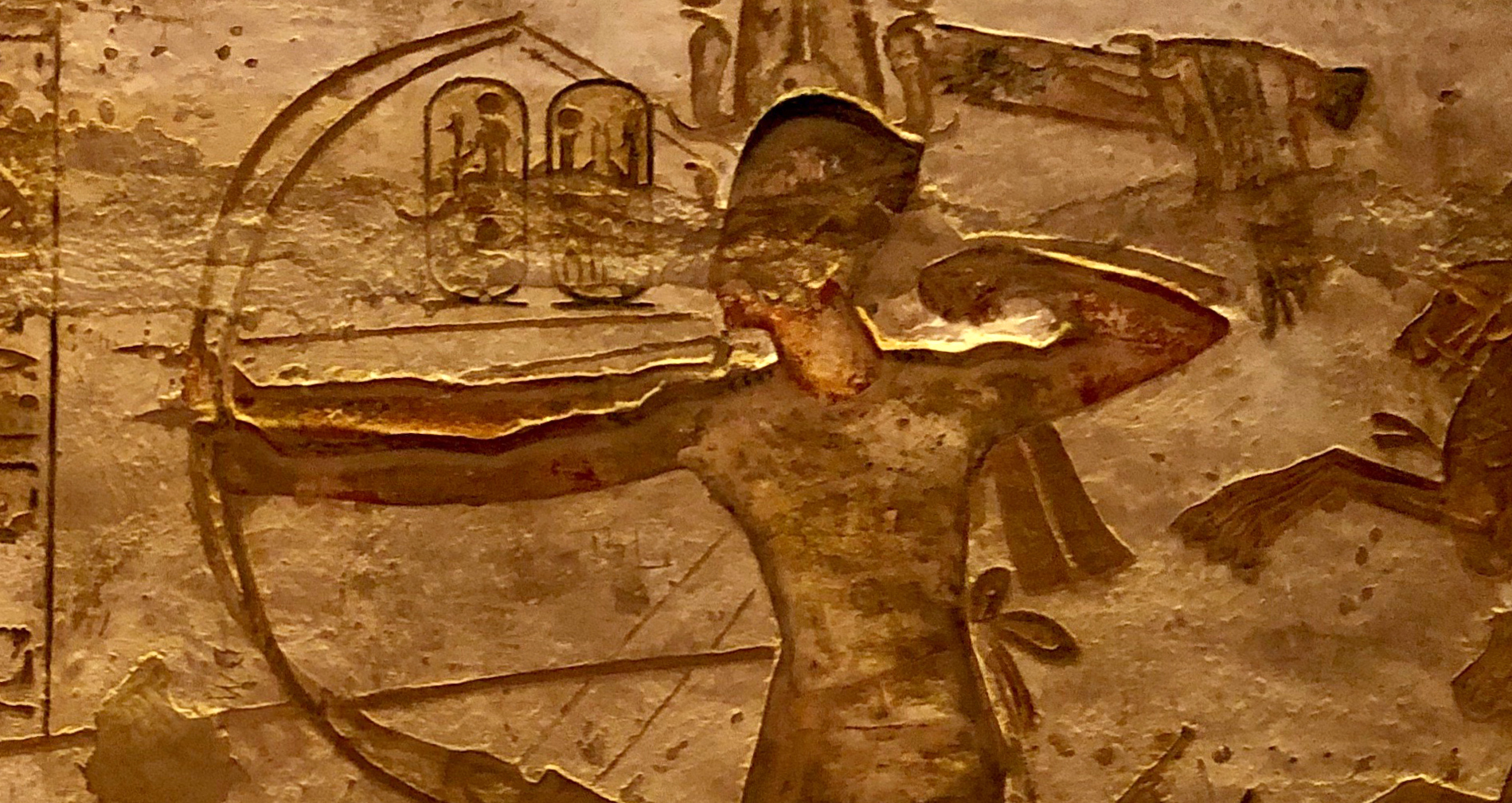
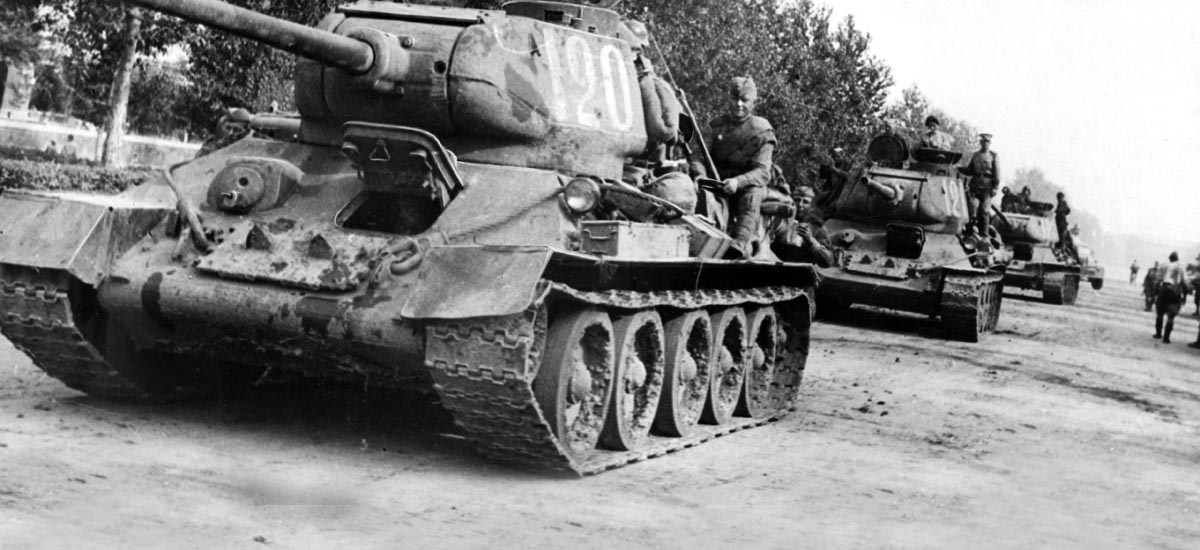
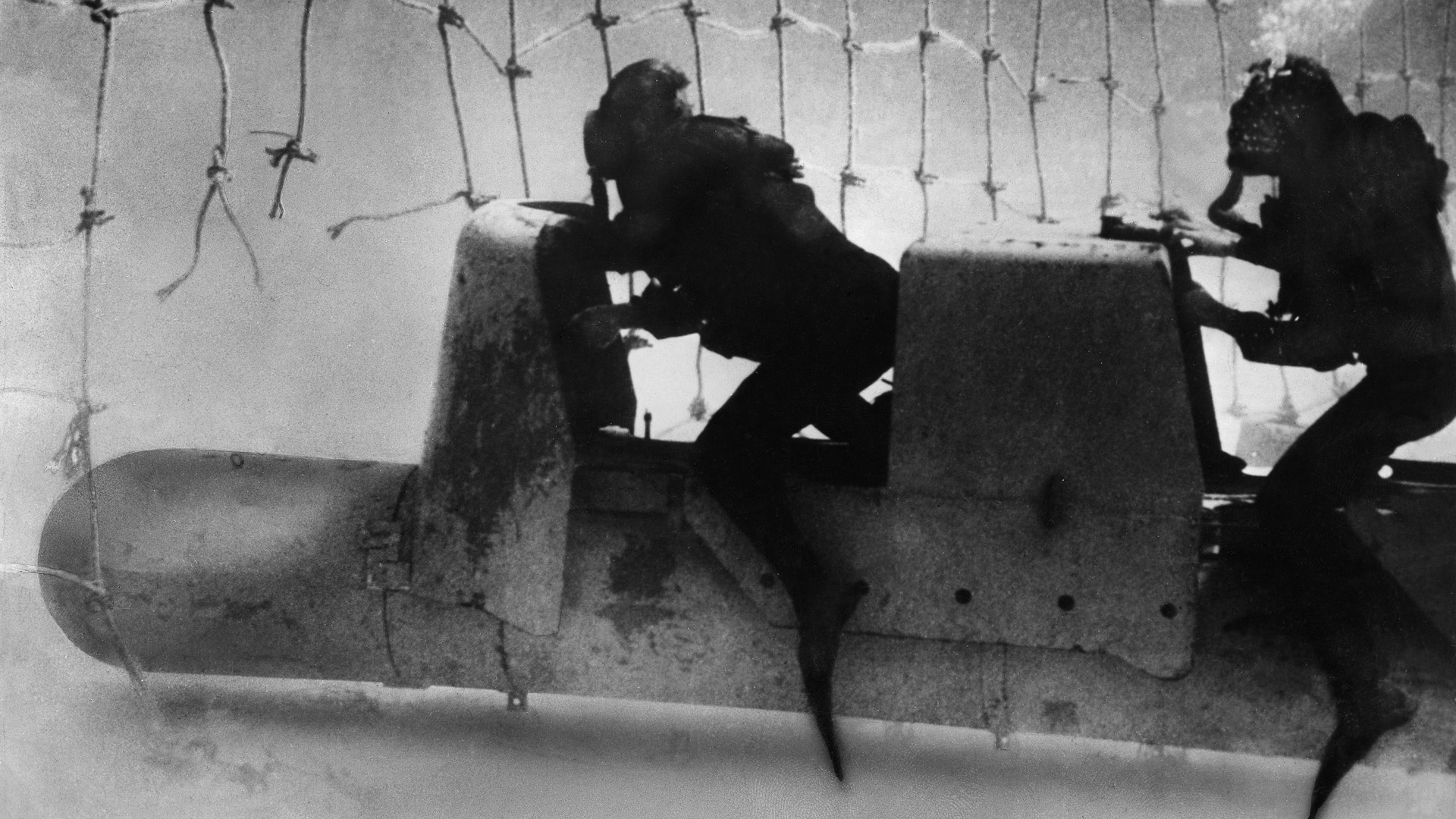
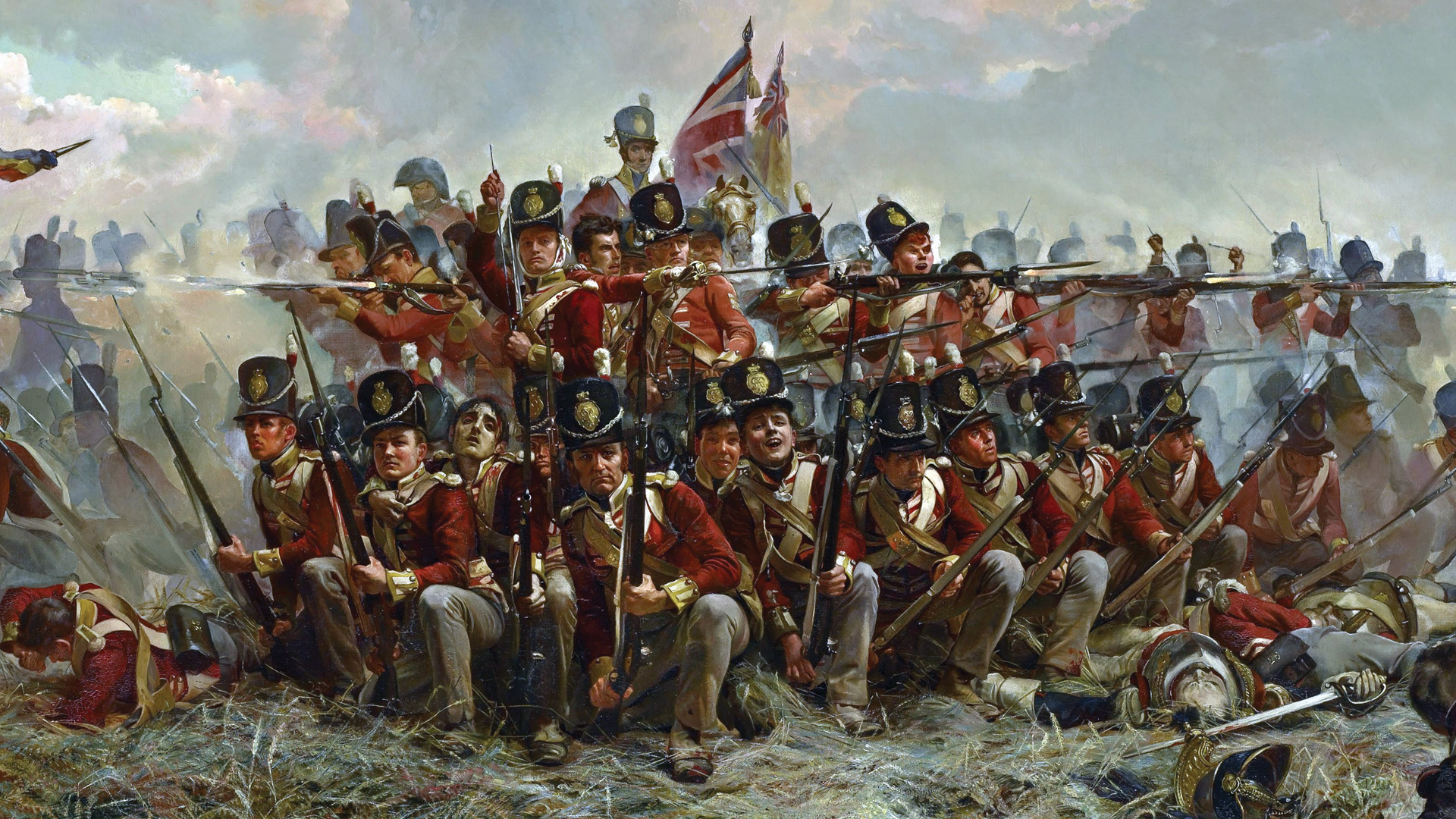
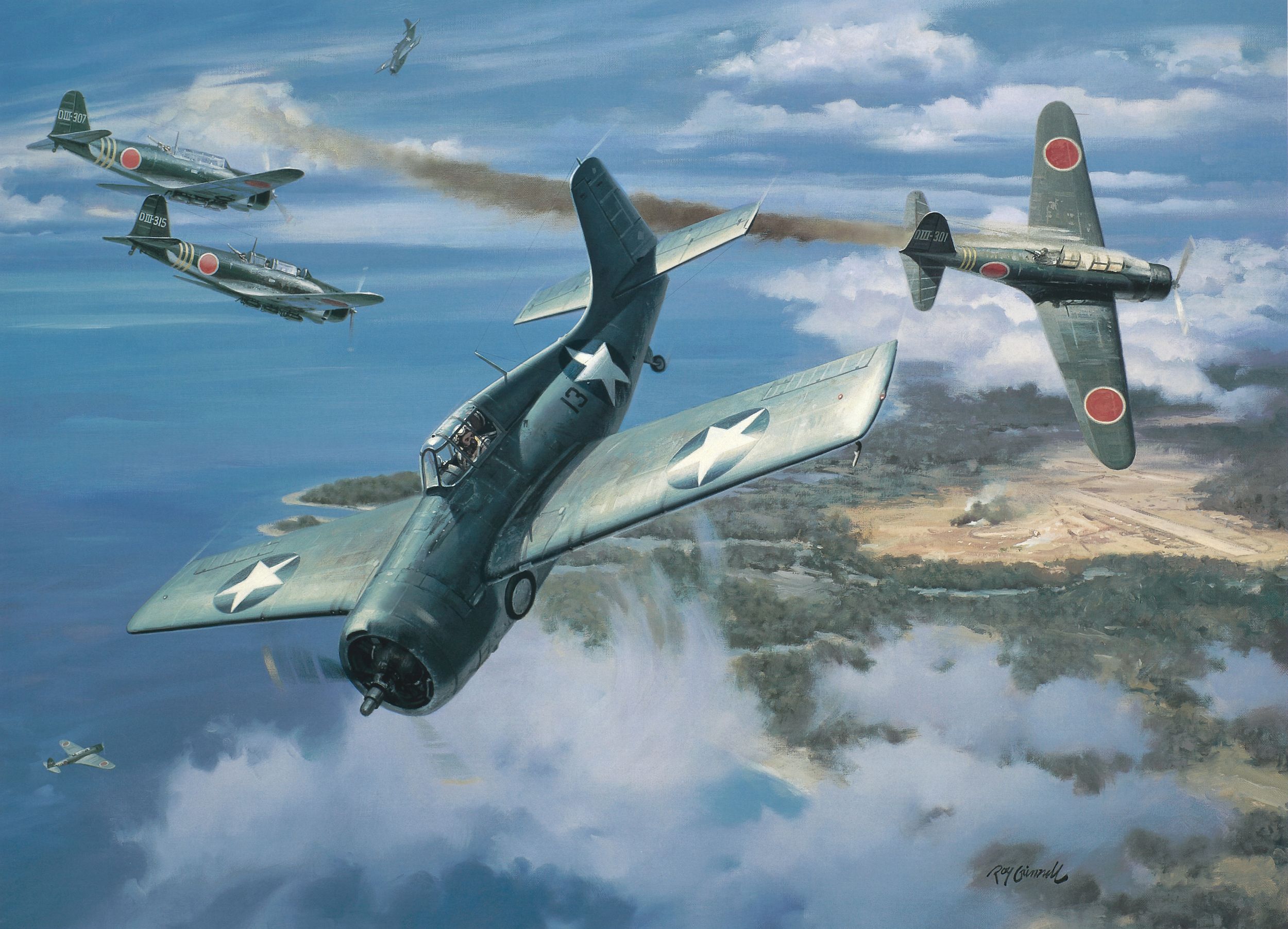
Join The Conversation
Comments
View All Comments